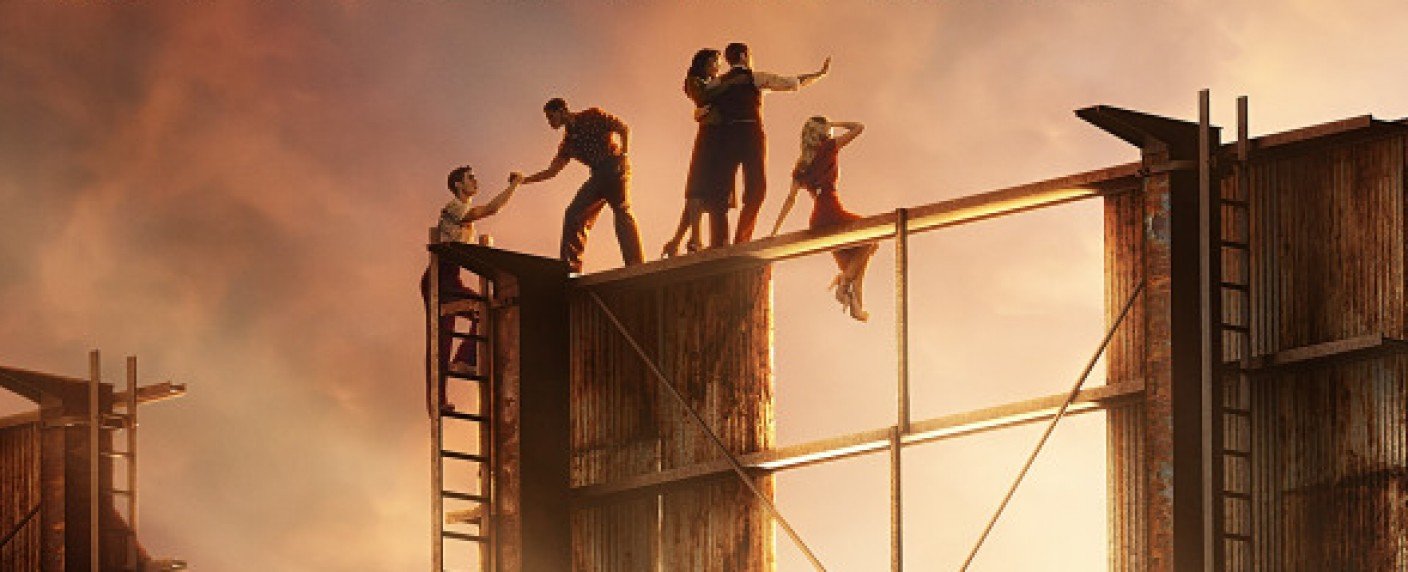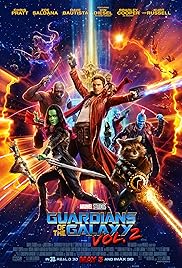David Whitehouses „Mobile Library“ was probably the first review copy I ever got, back in 2015 when I just started my book seller apprenticeship. It was also the first review I wrote for my bookshops website. And I was lucky, because I had come across a rare gem back then, so the memory of this first venture into my profession happened to be a very good one. I am still holding “Mobile Library” very dear, partially for nostalgic reasons but also because it was a brilliant book.
Now when you have read and loved someones debut novel, a second book being published is equally exciting and scary – your expectations are high, so there is plenty of room for disappointment. But like with most things in life, there is just as much room for things to go well.
I will admit it, it took me shamefully long to pick up “The Long Forgotten”. Not only because reading isn’t part of my job anymore and therefore, I find very little time in my day to day life to do so, or because my pile of shame is so much higher than I’d like to admit (but I will: Currently 55 books). I also was scared to be disappointed.
I was wrong, and I have never been this happy about being wrong in my entire life.
On the first glance, in “The Long Forgotten”, David Whitehouse tells not one story but three and at first it seems odd since these people do not seem to be connected in the slightest: Dove, an odd-ish young man from London with anger issues and memories that are not his own. Peter Manyweathers, a cleaner from New York in the 1980s who is swept away by a sudden obsession with botany. Professor Cole, a grumpy scientist who stumbled across the black box flight recorder of the lost flight PS570 in an incident that almost cost him his life.
These stories seem to be only connected by them being unlikely enough to be of interest but just likely enough to actually happen. For the sake of a spoiler-free review I will only say: They are connected, and it is astonishing how. Please do read the details yourself.
David Whitehouse has a talent to make the reader fall in love, with his language, with his characters and especially with whatever subject he decides to write about. I have never been this passionate about rare flowers and botany before. I have never related this much to an orphan curious to find his parents. And I certainly have never felt that much interest in cleaning in my entire life and hope to get some great accomplishments from this newly found and most likely shortlived obsession.
Whitehouses habit to find and portray the magical in the most mundane, to tell stories of such wonder in an every day life setting that you inevitably start to view your own life through completely new eyes, is remarkable. Personally, I hope to read much more from him.









